Road rage has become a prevalent issue on modern highways, manifesting in dangerous and aggressive behaviors that pose serious risks to all road users. Understanding the psychological roots of road rage and implementing effective prevention strategies can mitigate this growing problem. This comprehensive analysis explores the factors contributing to road rage, its psychological underpinnings, and practical steps for prevention.
The Psychological Roots of Road Rage
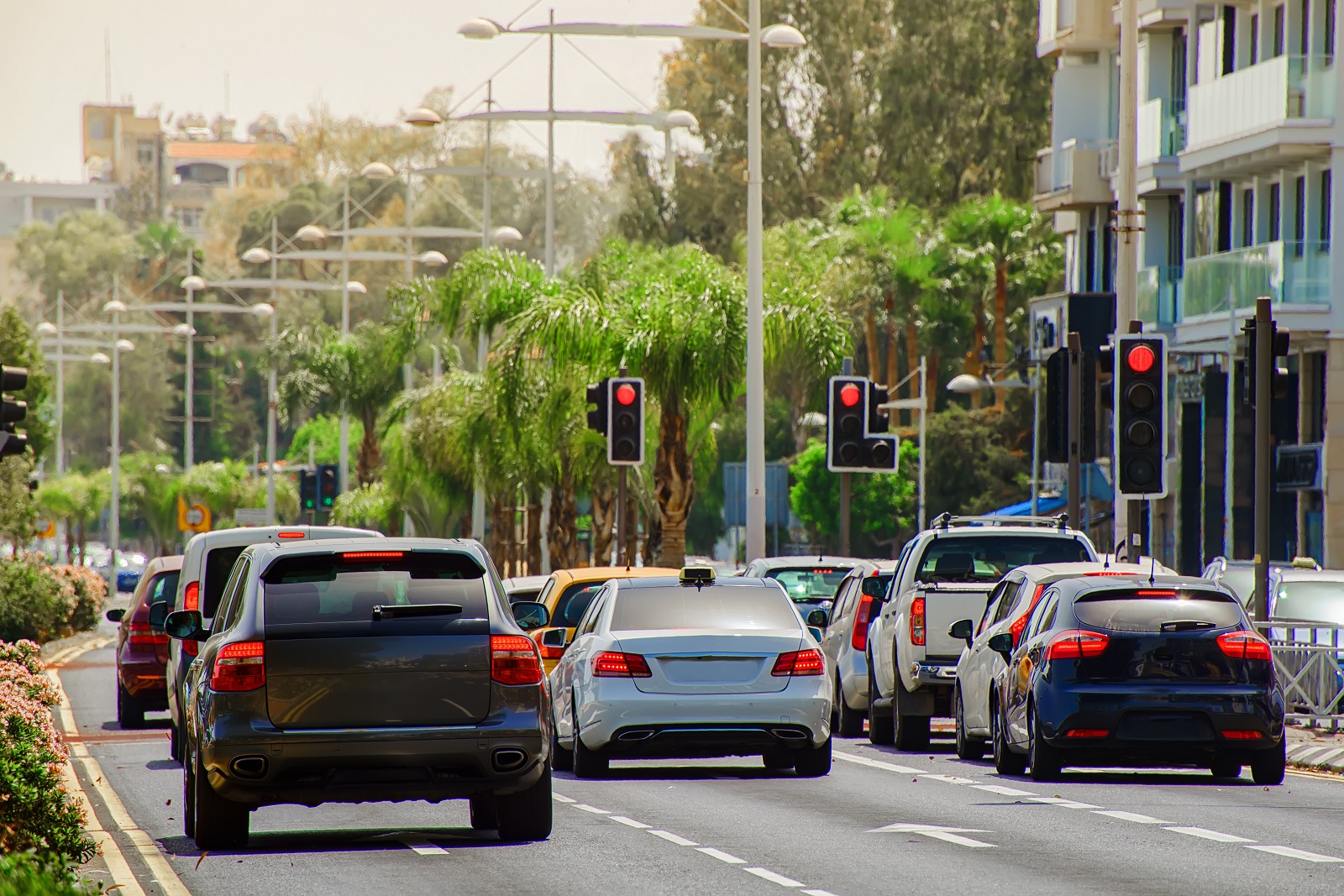
Image Credit: Shutterstock / BACHTUB DMITRII
Road rage often stems from a combination of personal stress, societal pressures, and driving-related frustrations. At its core, road rage manifests anger and aggression that drivers express in response to perceived injustices on the road.
Stress and Frustration

Image Credit: Shutterstock / PV productions
Daily life stressors can significantly contribute to aggressive driving behaviors. When individuals face high stress levels from work, relationships, or other personal issues, their tolerance for minor annoyances, such as traffic delays or slow drivers, diminishes. Research by the American Psychological Association indicates that chronic stress can reduce impulse control and heighten irritability, making individuals more prone to exhibiting road rage.
Perceived Injustices

Image Credit: Shutterstock / Fotos593
The perception of being wronged by other drivers also plays a crucial role. When drivers feel unfairly treated—such as being cut off or tailgated—they may respond with anger. This reaction is often fueled by a sense of injustice and a desire to assert control. A study published in the Journal of Applied Social Psychology reveals that individuals with a strong sense of entitlement or injustice are likelier to exhibit aggressive driving behaviors.
Personality Traits

Image Credit: Shutterstock / Ryan DeBerardinis
Certain personality traits can also predispose individuals to road rage. For example, those with high levels of trait anger or aggressive personalities are more likely to engage in aggressive driving. The Personality and Individual Differences journal notes that drivers with aggressive tendencies are more likely to experience road rage due to their inherent reaction patterns and lower frustration tolerance..
Increased Accident Risk
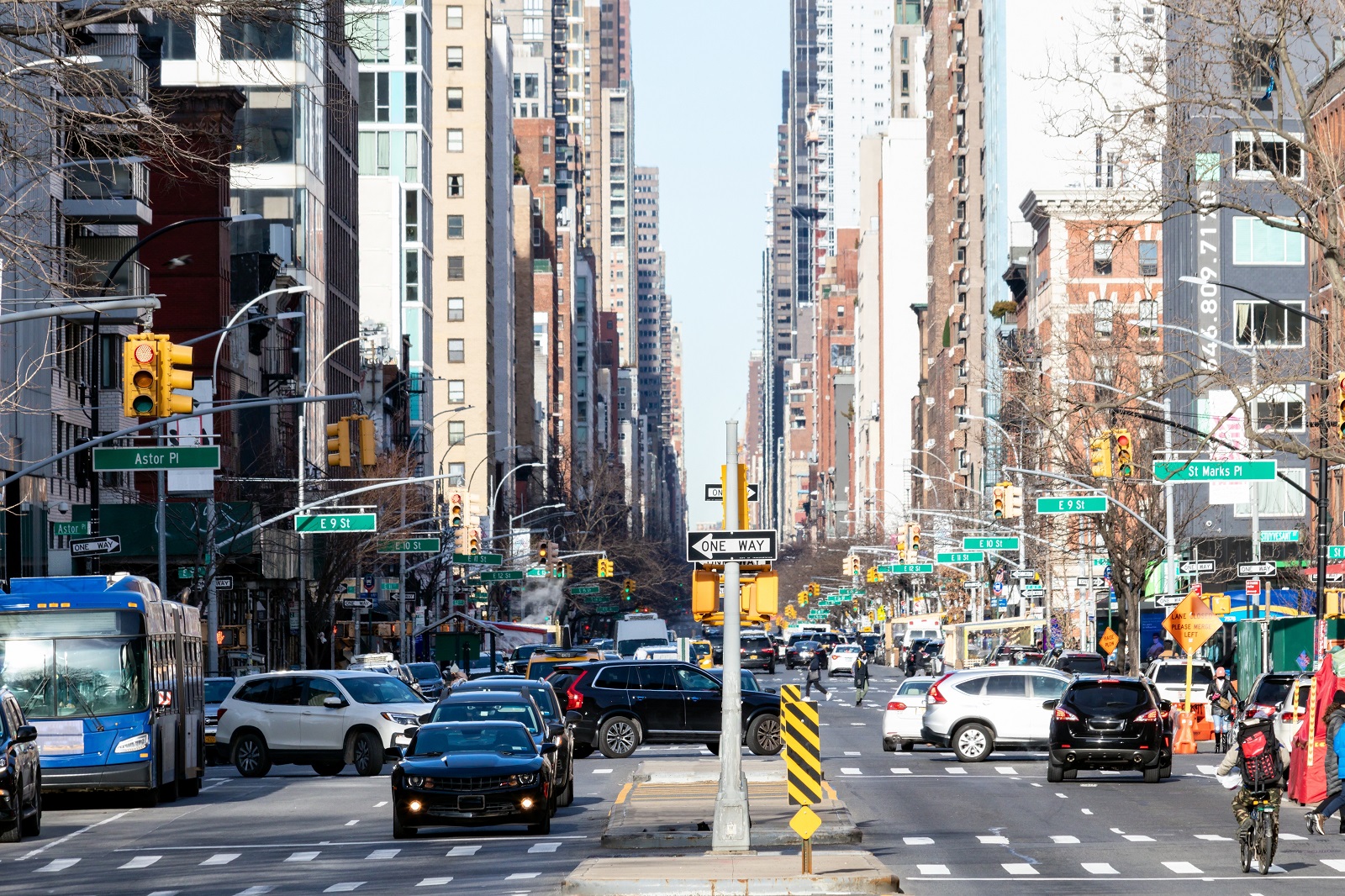
Image Credit: Shutterstock / Ryan DeBerardinis
Aggressive driving significantly increases the likelihood of accidents. According to the National Highway Traffic Safety Administration, aggressive driving behaviors such as speeding, tailgating, and abrupt lane changes are major contributors to traffic collisions. The NHTSA reports that aggressive driving is a factor in 50% of all fatal crashes. This statistic highlights the dangerous nature of road rage and its direct correlation with increased accident rates.
Emotional and Psychological Impact

Image Credit: Shutterstock / PeopleImages.com – Yuri A
The emotional impact of road rage can be profound. Both the aggressor and the recipient of road rage may experience heightened stress and anxiety. A study conducted by the University of California, San Diego, found that individuals involved in road rage incidents often suffer from long-term psychological effects, including heightened anxiety and increased stress levels. This emotional toll can affect overall mental health and quality of life.
Legal and Financial Consequences
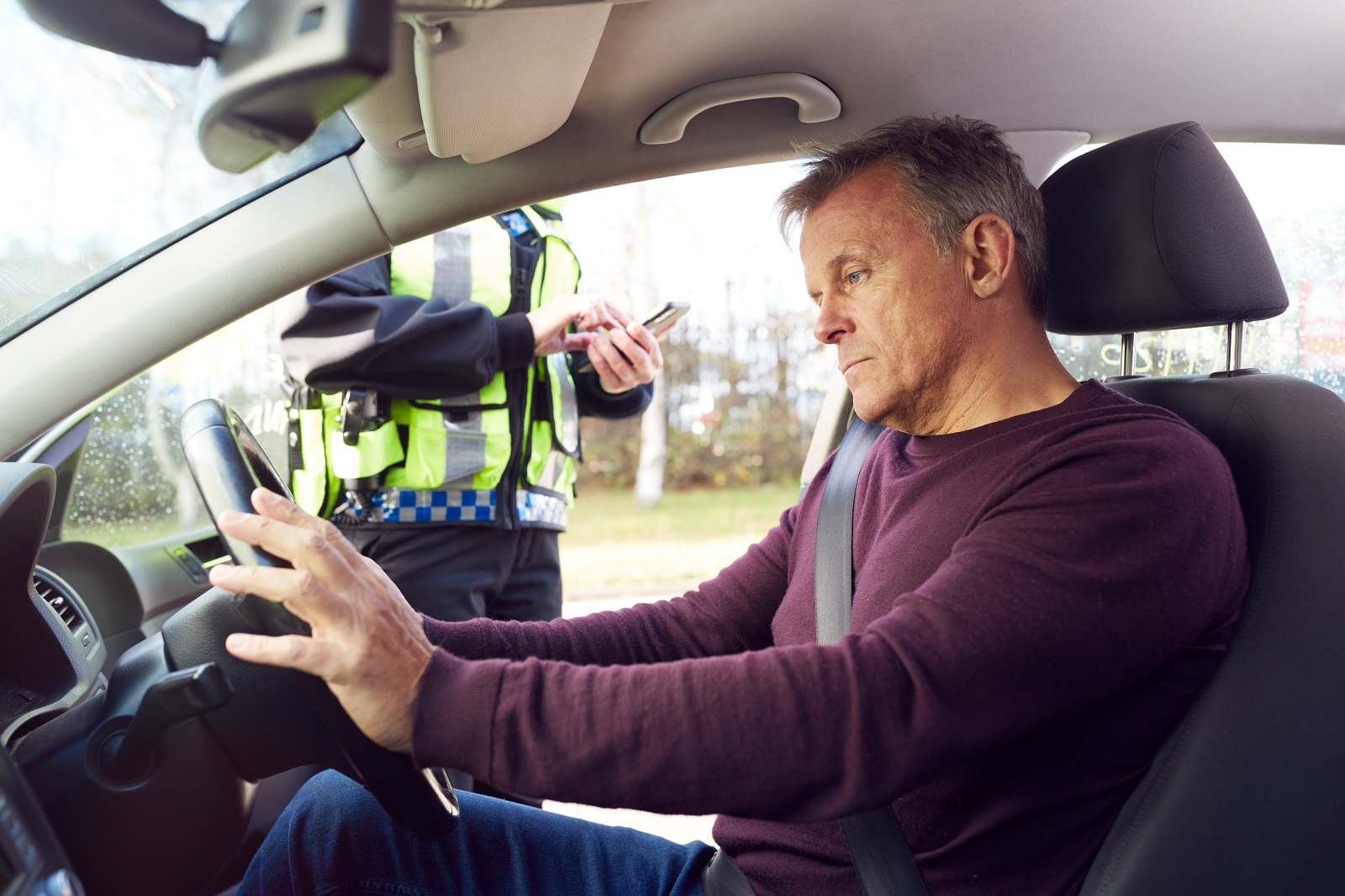
Image Credit: Shutterstock / Monkey Business Images
Engaging in road rage can also lead to legal and financial repercussions. Aggressive driving can result in fines, license suspensions, or jail time. The Insurance Institute for Highway Safety reports that aggressive driving tickets can increase insurance premiums and potential legal battles. These consequences add financial strain and disrupt personal and professional life.
Stress Management Techniques

Image Credit: Shutterstock / Dragana Gordic
Learning to manage stress effectively can reduce the likelihood of road rage. Techniques such as deep breathing, mindfulness, and regular exercise can help individuals healthily cope with stress. The Mayo Clinic emphasizes the importance of stress management in reducing aggressive behaviors and improving overall well-being.
Improving Driving Habits

Image Credit: Shutterstock / AlessandroBiascioli
Adopting defensive driving techniques can help mitigate aggressive driving responses. This includes maintaining a safe following distance, avoiding confrontations with aggressive drivers, and staying calm during traffic delays. Defensive driving courses, often offered by local driving schools, can provide valuable skills for managing stressful situations.
Awareness and Education

Image Credit: Shutterstock / VesnaArt
Public awareness campaigns can play a crucial role in reducing road rage. Educational initiatives that highlight the dangers of aggressive driving and promote positive driving behaviors can help shift societal attitudes. The National Safety Council advocates for comprehensive education programs to address the root causes of aggressive driving and encourage safer road behaviors.
Legislative Measures

Image Credit: Shutterstock / Song_about_summer
Legislative measures can also contribute to reducing road rage. Implementing stricter penalties for aggressive driving behaviors and increasing law enforcement presence on highways can deter individuals from engaging in road rage. According to the American Bar Association, legislative efforts to curb aggressive driving can significantly improve road safety.
Understanding the Risks

Image Credit: Shutterstock / F8 studio
By understanding the underlying causes and implementing effective prevention strategies, individuals and communities can work towards reducing aggressive driving and fostering a safer driving environment.
Police Magnet: 7 Cars That Guarantee You’ll Get Pulled Over
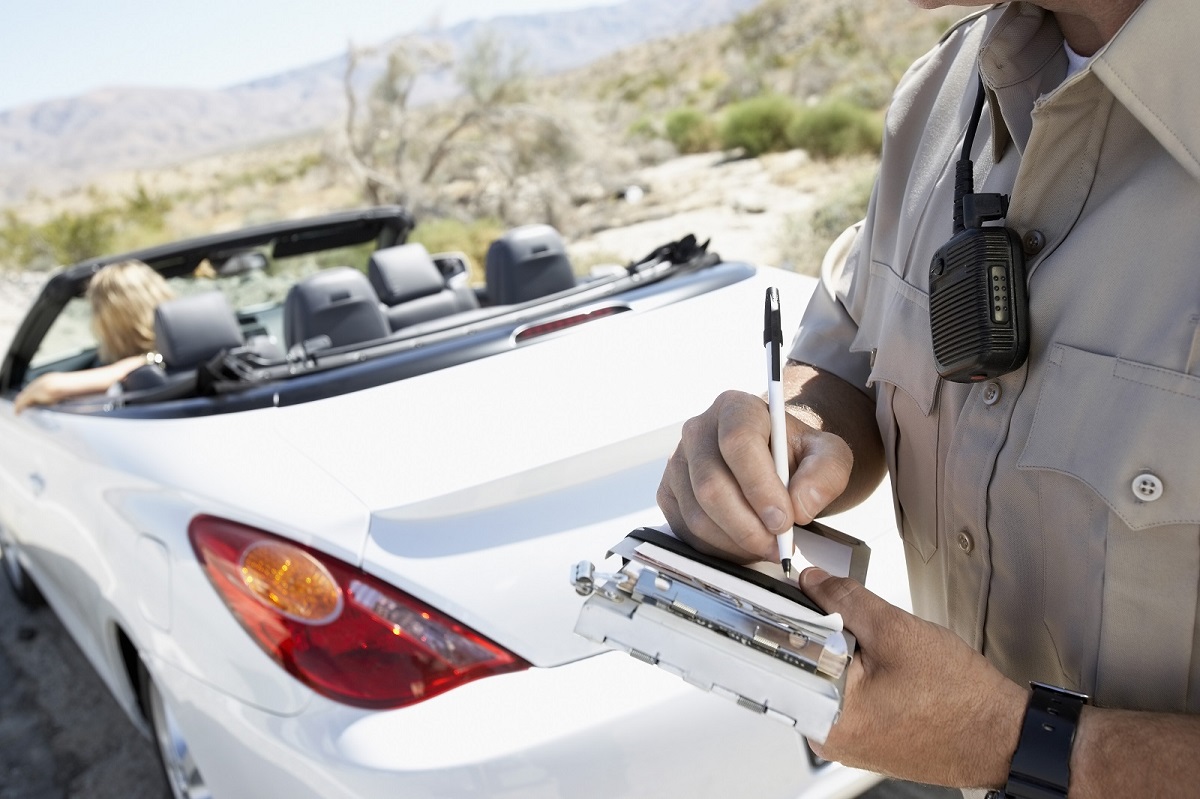
Image Credit: Shutterstock / sirtravelalot
Driving certain cars can make you more noticeable to law enforcement, even if you’re abiding by all the rules. Are you driving one of these “police magnets”? Here are seven cars that seem to attract more police attention than others. Police Magnet: 7 Cars That Guarantee You’ll Get Pulled Over
The Classic Cars That Were Total Clunkers
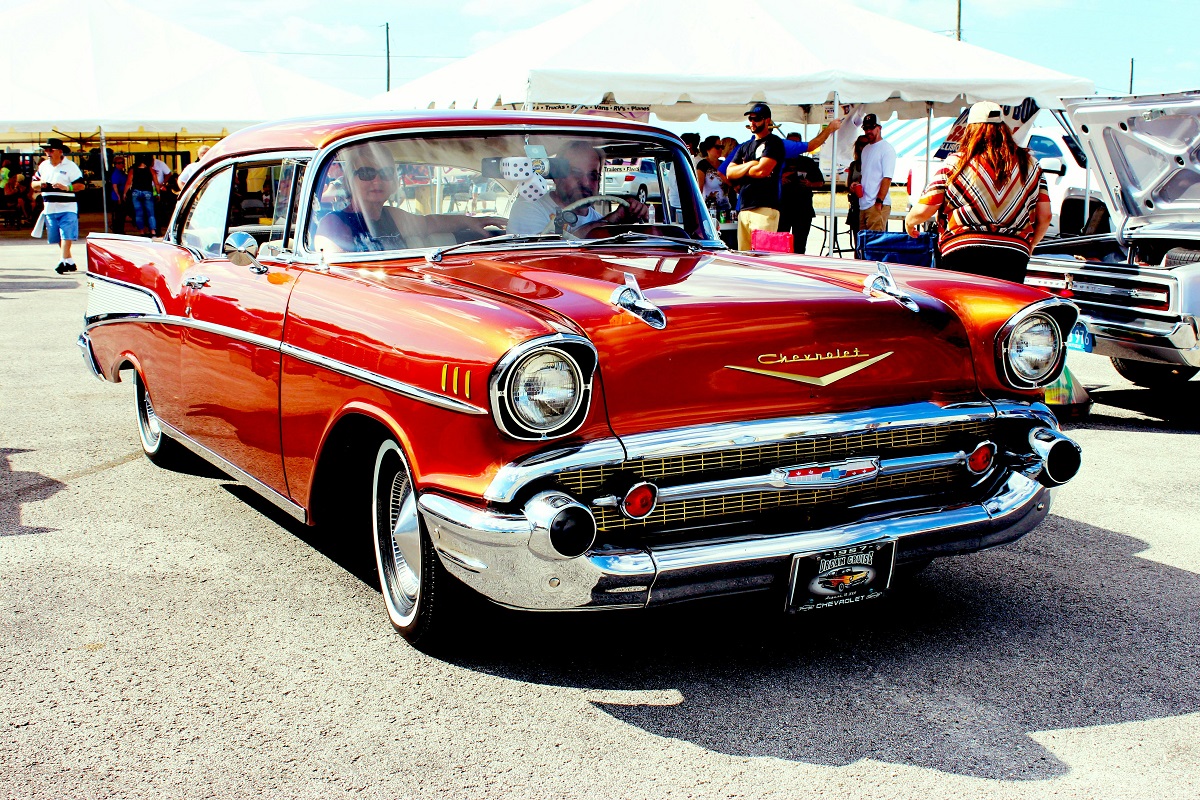
Image Credit: Pexels / Pixabay
Nostalgia has a funny way of making the past seem better than it was, especially when it comes to cars. But here’s the hard truth: some of those “classic” cars your dad raves about were real clunkers. Here’s a closer look at why some of those so-called “classics” weren’t all they were cracked up to be. The Classic Cars That Were Total Clunkers
The Worst U.S. Cars Ever Made: A Retro List
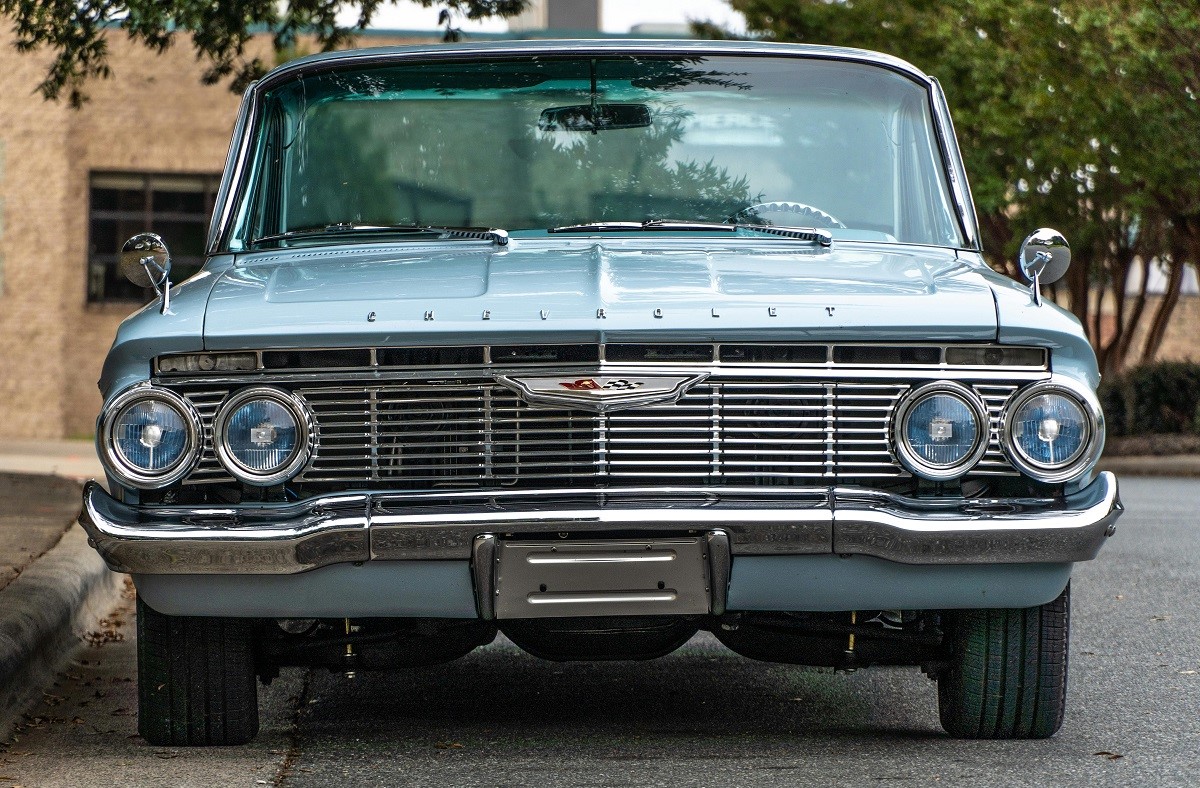
Image Credit: Pexels / Be The Observer
The U.S. auto industry has produced some incredible vehicles, but not every model was a hit. Here’s a look back at 16 of the worst cars ever made in the U.S., each infamous for its own unique flaws. The Worst U.S. Cars Ever Made: A Retro List
Featured Image Credit: Shutterstock / egd.
The content of this article is for informational purposes only and does not constitute or replace professional advice.
For transparency, this content was partly developed with AI assistance and carefully curated by an experienced editor to be informative and ensure accuracy.
The images used are for illustrative purposes only and may not represent the actual people or places mentioned in the article.



